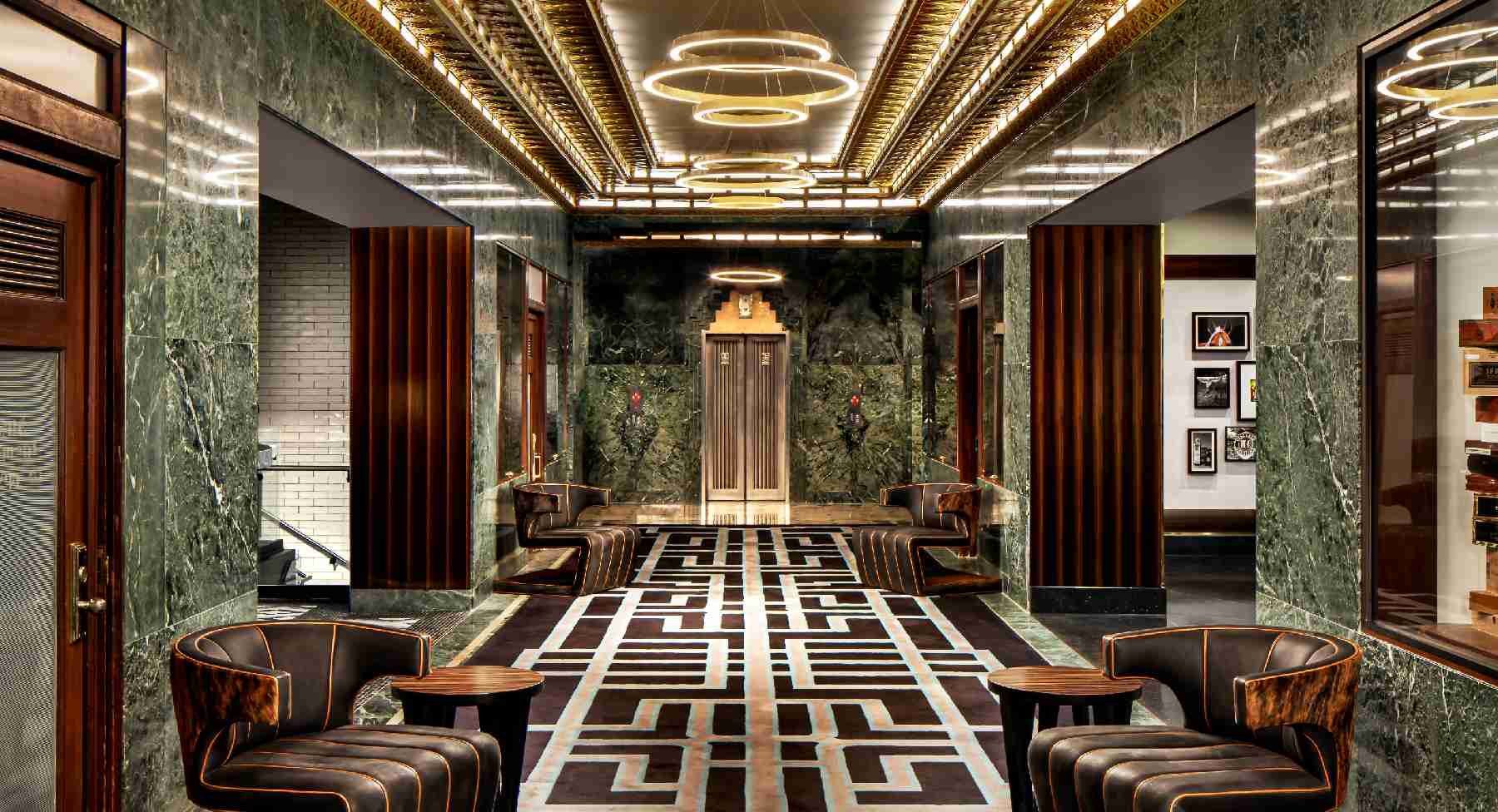
The hospitality industry has demonstrated that it’s all-in on adopting new technology to enhance operational efficiency and guest experience. However, these same hotel owners and operators are beginning to recognize that the right approach to hospitality technology planning can open new doors.
By effectively integrating technology systems, hoteliers can deliver a level of personalization that sets their guest experience apart. Working with the right technology consultant can help hotel owners unlock greater efficiency and reduce operational costs beyond their expectations.
The value of technology-driven personalization
When it comes to the guest experience, appropriately integrated technology can enhance personalization – and give hotel owners a big boost in terms of guest satisfaction. A recent research study by customer experience consultant Medallia found that 61% of surveyed customers expressed willingness to spend more for personalized experiences.
Price Sanders, a hospitality specialist who has worked for The Ritz Carlton and Marriott, wrote for HospitalityNet that personalization should extend beyond customization of services to services that anticipate guests’ individual needs and preferences. Hotels are actualizing this with televisions that welcome guests by name while providing tailored recommendations for dining and activities. They’re introducing rooms that reset temperature and lighting to guest preferences once guests return to a property location. As Sanders points out, these technology applications create memorable experiences that increase guest loyalty and referrals.
Hotels like The Sinclair in downtown Fort Worth, Texas, are setting the standard for what guest personalization can look like. The Marriott Autograph Collection hotel has embraced the use of presence sensors to deliver a truly personalized hotel experience. Through connections made via Bluetooth mesh, presence-sensing technology in each hotel room allows guests top adjust lighting levels, lower shades, and manage room locks and minibars. Digital showers give guests control over water temperature, pressure, lighting, and music.
With thoughtfully planned technology, the possibilities are limitless. Yet few hotels know where to begin with this planning. As that Medallia study also found, only 23% of consumers surveyed reported experiencing high levels of personalization at their latest hotel stays. This was particularly true of personalization during their stay, as compared to booking and post-stay follow-up opportunities.
How hospitality technology can reduce costs
On the back end, hoteliers are finding that integrated technology can increase energy efficiency, enhance sustainability, and reduce operational costs. Yet, they may still be leaving opportunities untapped.
Like many commercial properties, hotels increasingly recognize that room sensors like those featured in The Sinclair and Hotel Marcel in New Haven, Connecticut, provide value to the hotel operator and the guest. Sensors enable property owners to reduce energy usage by perceiving the amount of activity within the rooms and automatically adjusting energy levels based on guests’ presence or absence. Solutions like these, capable of raising the set temperature on HVAC and turning off lights when guests leave, can translate to significant cost savings.
Many features – such as the automated shades programmed to raise and lower based on sun position – can enhance guest experience and reduce costly heating and cooling loads. Similarly, hotels may find that investments in sustainability initiatives can reduce operating costs and attract guests. Research from Booking.com indicated that sustainable travel is important to 83% of travelers, with 75% of global travelers reporting a desire to travel more sustainably.
However, hotel owners may be surprised to find that simple solutions for reducing energy demand can also be less expensive to install upfront. Installing a network that can deliver Power over Ethernet (PoE) reduces operational costs while delivering greater functionality across systems. Returning to the Sinclair, Architectural Digest reported that use of PoE systems had powered much of the hotel’s personalization capabilities. These low-voltage systems have also reduced installation costs by thousands of dollars and energy consumption by as much as 40%. But solutions like these are only possible when working with a knowledgeable hospitality technology consultant.
How to maximize the value of your hospitality technology
Thoughtful planning and system integration can help hotel owners and operators unlock greater potential from their technology. The first step is to select a partner experienced in navigating the complexity of technology planning and design.
A good technology consultant can identify the right combination of technology solutions that best meet your needs and exceed guest expectations. This may include opportunities to connect hardware and software spanning reservation and housekeeping systems, point-of-sale solutions, and access control, among other systems. Your consultant may be able to suggest ways to leverage existing systems to give guests greater control over their travel experience.
A good technology consultant will also prove invaluable in identifying how the different pieces need to be put together to reduce costs and improve backend operations. This definition and design phase can be complex, but it will result in detailed guidance for construction teams and reduce the potential for costly system duplication. Your technology consultant can also find and vet a Master Systems Integrator (MSI) capable of installing and integrating the facility’s technology systems.
The experts at CRUX Solutions can help you define your guest experience, design the hospitality technology infrastructure you need to achieve that experience and work with your design and construction teams to deliver an end product that works for you and your guests. If you’re ready to take the lead in delivering an exceptional hospitality experience, contact CRUX today.